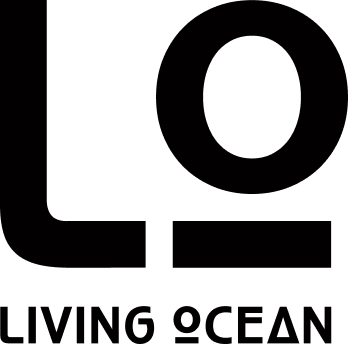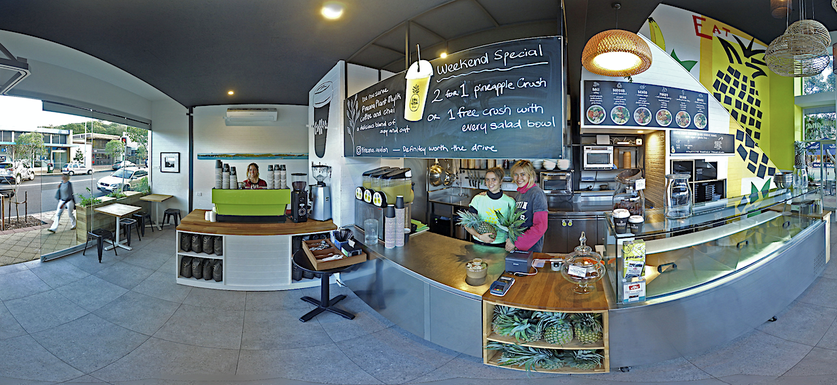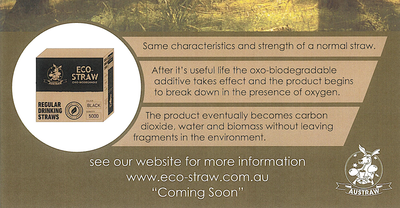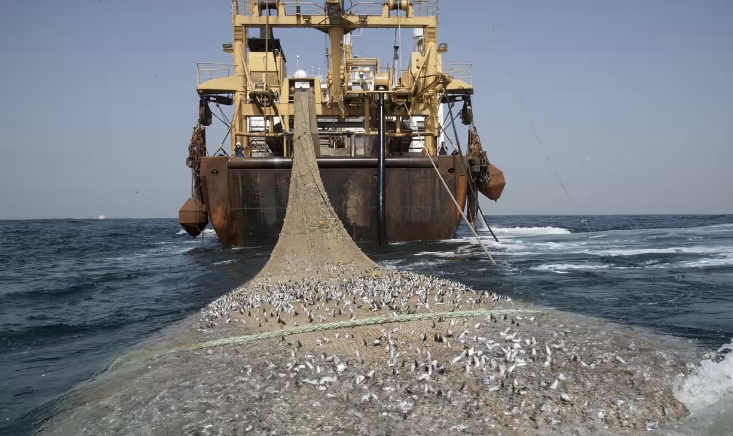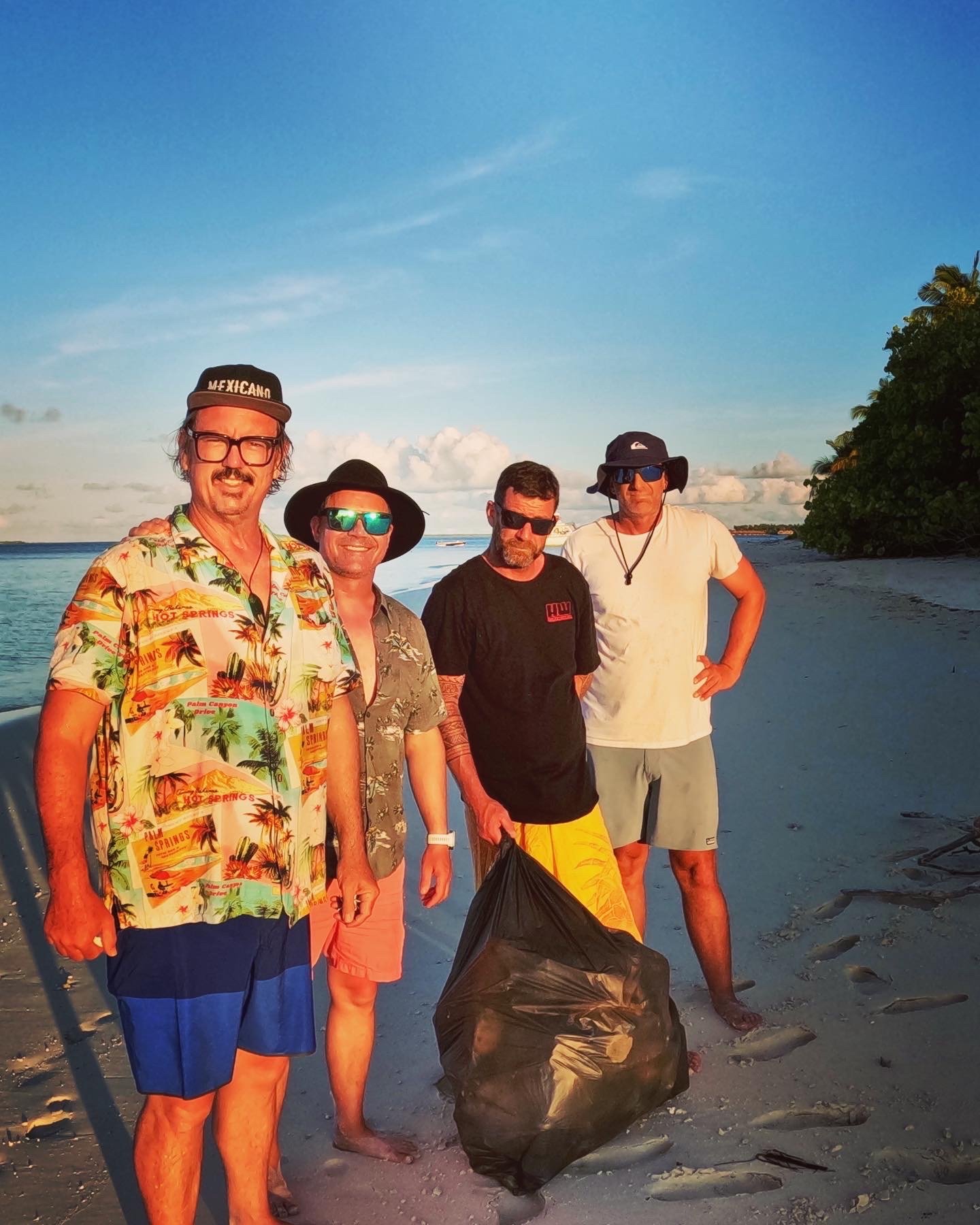The last straw
Plastic straw use is generating extreme waste for unnecessary convenience. In recent times we have come to expect straws in our drinks when we dine out (even though we rarely use them when we stay in). In the US alone more straws than there are people get thrown out each day according to the Last Plastic Straw.
It is time to take action. Hundreds of straws were found along our coastline at the monthly beach cleans held by Living Ocean last year. So it thrills the Living Ocean team to hear of local individuals actively promoting their avoidance, such as Farley MacDonald of the Facebook page ‘Convenient for who?’ and Bruce Raymond part-owner of fast food cafe Pineana. We are no longer ignorant to the impact that plastic is having on our oceans and the sea life within. In August 2015, a video went viral that showed the removal of a plastic straw from the nose of a sea turtle. To date, it has had over 11.7 million views. While we often hear about the impact that plastic bags and littering is having on our sea-life, we don’t witness it first hand. As difficult as the video is to watch, it is a moving reminder of the cost of our convenience.
*Warning: video below has graphic content that may be disturbing to some viewers.
Straw use is generally completely unnecessary and saying “no” to their use is, in my view, an easy enough place to start. I was surprised by comments on a recent anti-straw film doing the rounds on social media. The predominant reasons people did not want to give up straws were concerns with tooth sensitivity when drinking cold drinks and hygiene with drinking directly from the glass. I’m not sure I agree that a much-handled straw (unwashed since creation in a factory setting) would be a more hygienic option, but overall I was shocked by how attached we have become to these single-use, so-called “disposable” conveniences. At the end of the day, no matter how you look at it, the ultimate hygienic solution for the die-hard straw fan is to carry your own reusable glass or metal straw in a pouch. And if you are that concerned about the hygiene of a glass when dining out, I recommend you throw in your own knife and fork at the same time.
While straw use is a global issue, we can make the greatest difference by advocating for change in our local communities, encouraging cafes and restaurants to not immediately offer straws, and if requested to provide an alternative to plastic. Local northern beaches mum, Farley MacDonald, has started a petition to the Northern Beach Council to say no to ’single use’ plastic straws on Sydney’s Northern Beaches. Farley has always lived on Sydney's Northern Beaches and so feels a very strong connection to the area. “Over recent years I had been fighting, fairly quietly, against single-use plastics,” says Harley. "After having my little boy in March last year however, I decided it was time to get louder. I was spending more time (than in a long time) out and about and the amount of rubbish, in particular single-use convenience items, was staggering. I started picking up as much as I could and one item that stood out amongst the rest, was plastic straws. The more I thought about these convenience items, the more I realised just how unnecessary they are! After taking part in 'Clean Up Australia' this year and finding over 100 plastic straws under a 5x4 metre raised seating area on Narrabeen Beach, I decided enough was enough ... the final straw, so to speak! …And so I launched the petition.” Please show you support for the cause and jump over to change.org to sign the petition.
Pineana (Pine - ana), a plant-based asian inspired salad noodle bar in Avalon, is paving the way for other such food outlets in our local community, to say “no” to the plastic straw. Driving Pineana’s ethos to “eat fresh, feel good, do good” is part-owner, local surfing legend, Bruce Raymond and his partners, long time vegans, Tom Luedecke, his wife Anick and Adam Guthrie. As an ocean devotee, he is passionate about protecting our oceans and creating a business of low-environmental impact. They believe that a plant based diet is the best contribution we can make for a better planet: for your own health, the health of the environment, and to be humane to all species. From the outset, Bruce has been in contact with organisations and passionate locals, such as Living Ocean and Wander Lightly, as he endeavours to establish a sustainable business practice.
In their bid to offer a healthy, more environmentally friendly alternative to your typical fast food outlet, Bruce and the Pineana team have faced some challenges. One of which has been to find a suitable alternative to the plastic straw. While ultimately Bruce would like to encourage customers to say ‘no’ to the straw or bring their own straw with an incentive based system, for now, they also need to offer an alternative. He put the problem to Pineana's packaging supplier, Kent Paper in Balgowlah.
“We requested a straw that is sustainable, practical and economical,” says Bruce. "Kent Paper Balgowlah jumped on board and were more than happy to source merchandise to satisfy the move to sustainable packaging. Kent discovered a solution that ticks all the
boxes - the Eco-Straw! The Eco-Straw is a game changer for our beaches, it’s totally biodegradable. It means less waste ending up in the ocean, in the food chain and in landfill. It’s one simple but mighty step local businesses can take to limit our environmental impact on the Northern Beaches – and beyond.” Austraw, the creaters of the Eco-Straw, report that an oxo-biodegradable additive is used at the manufacturing stage of the Eco-Straw which turns the ordinary plastic into a material with a different molecular structure. They advertise that after a period of useful life the product will break down in the presence of oxygen, eventually becoming carbon dioxide, water and biomass without leaving fragments in the environment.
While the Pineana business model is fast food based, they are now offering washable bowls for customers dining in. Bruce says they have been listening to feedback from local customers and environmental organisations about their concerns. “We’re currently using PET 1 lids on our takeaway bowls and corn starch take-away cutlery. While these are not the perfect solution, they are a start. We also offer a 10% discount on our Pineapple Crush or coffees, for customers providing their own re-useable cup or straw (stainless steel, bamboo etc). We think this is being proactive in rewarding people who make the effort, and we will help amortise their cost for purchasing the reusable product in this way.” Bruce also points out that they chose to have plant based salads for the huge environmental benefits this offers and they hope to get that message out also.
The Pineana team have worked hard to create a fresh, healthy menu that has no animal products and that does not compromise on taste. Bruce has always been interested in his health and well being, but became more conscious following a quadruple by-pass surgery at the age of 39. Since then he has consulted with specialists who have advocated the health benefits of a meat free diet. His current business partners have long championed the benefits of a plant based diet. Adam Guthrie, a qualified chef and plant based health coach is living proof that wellness starts with food choices. He went from having a heart attack at age 39, to getting off all medications and completing one of the toughest endurance events in the world, an Ironman Triathlon. Adam now has a certificate in plant based nutrition and in addition to co-founding Pineana, writes for EatWell and Wellbeing Magazines. Following the birth of Bruce's first grandson last year, he felt even more strongly about avoiding meat and fish, not just for the fact that a plant-based diet is healthy and more humane, but also in a bid to be more mindful of our environment for the benefit of future generations.

